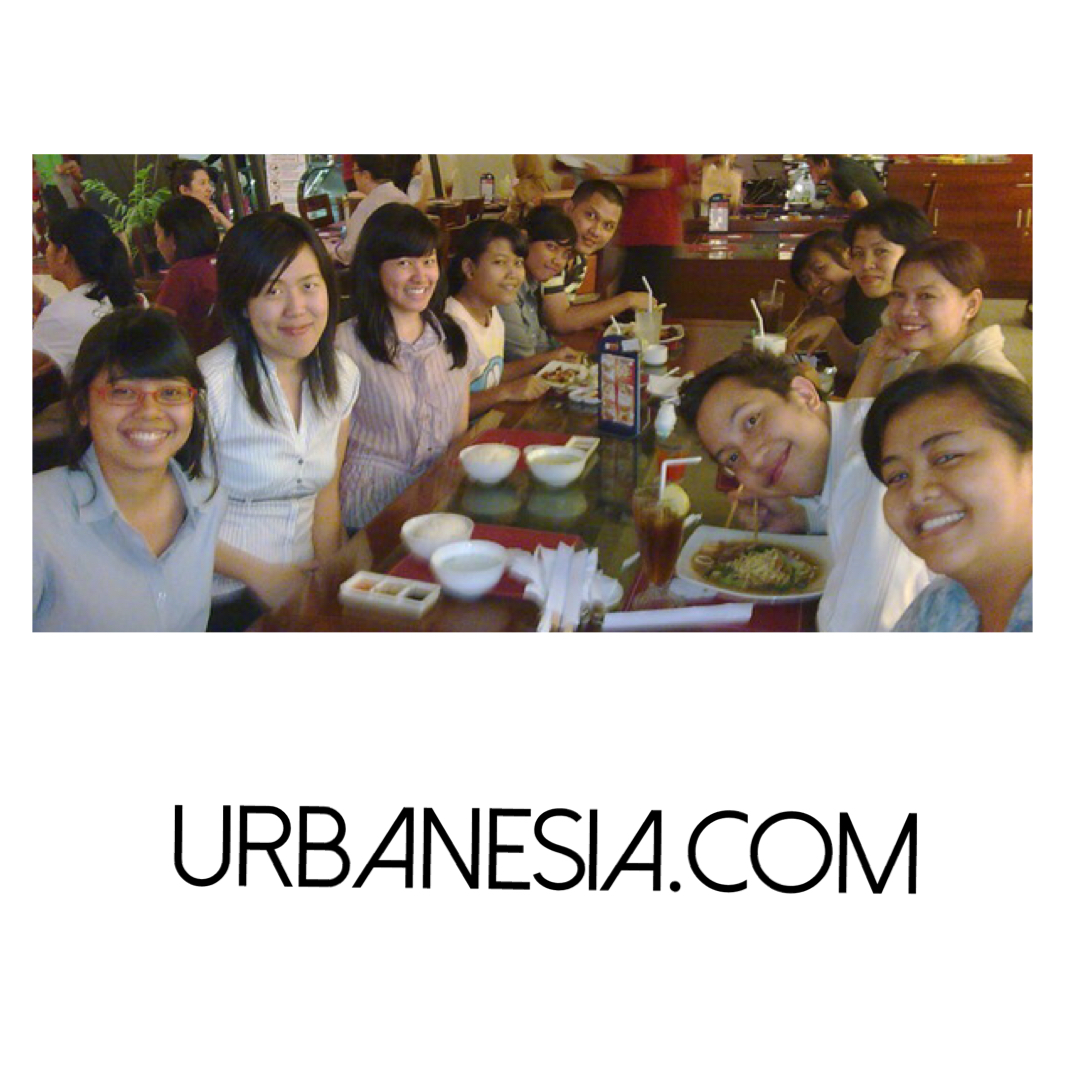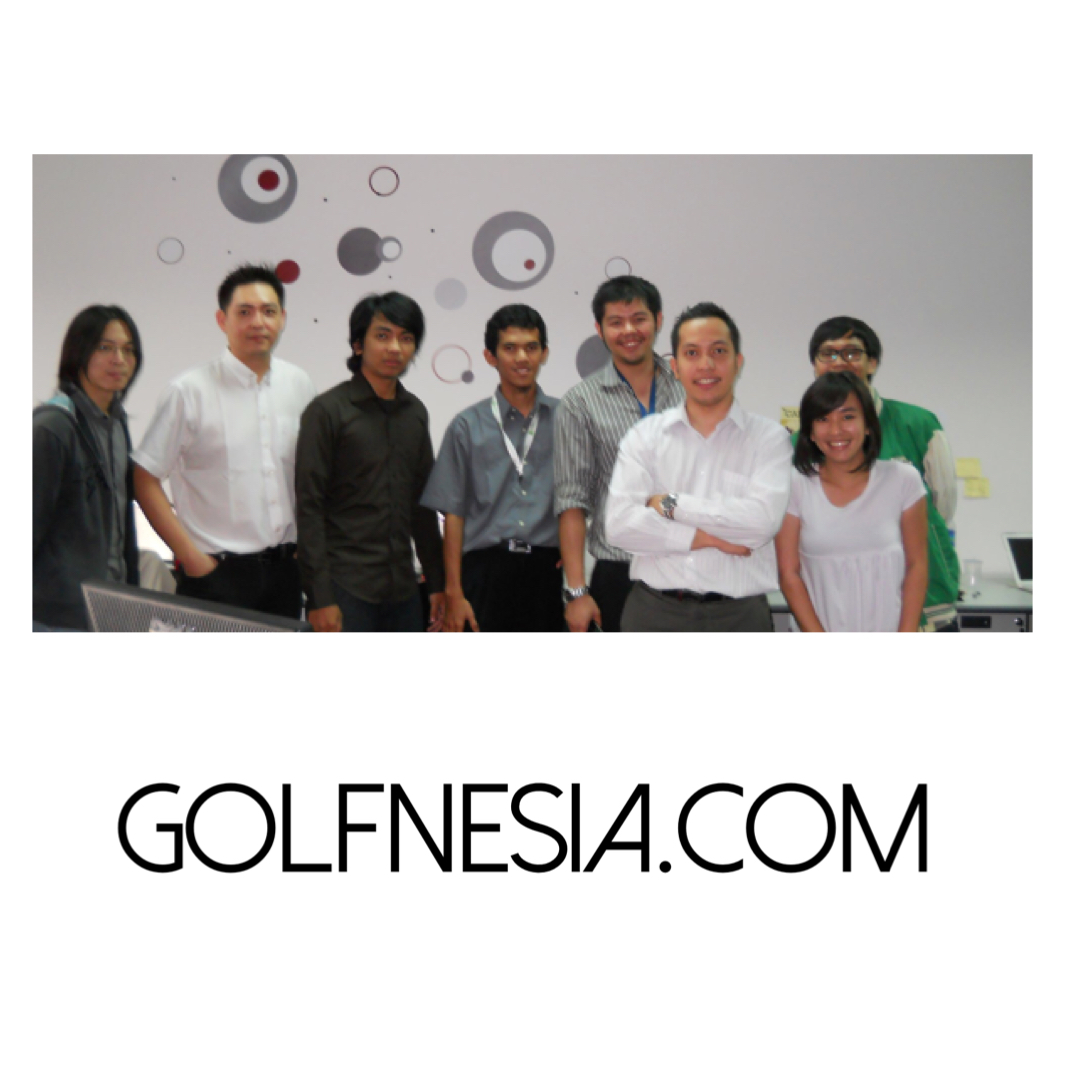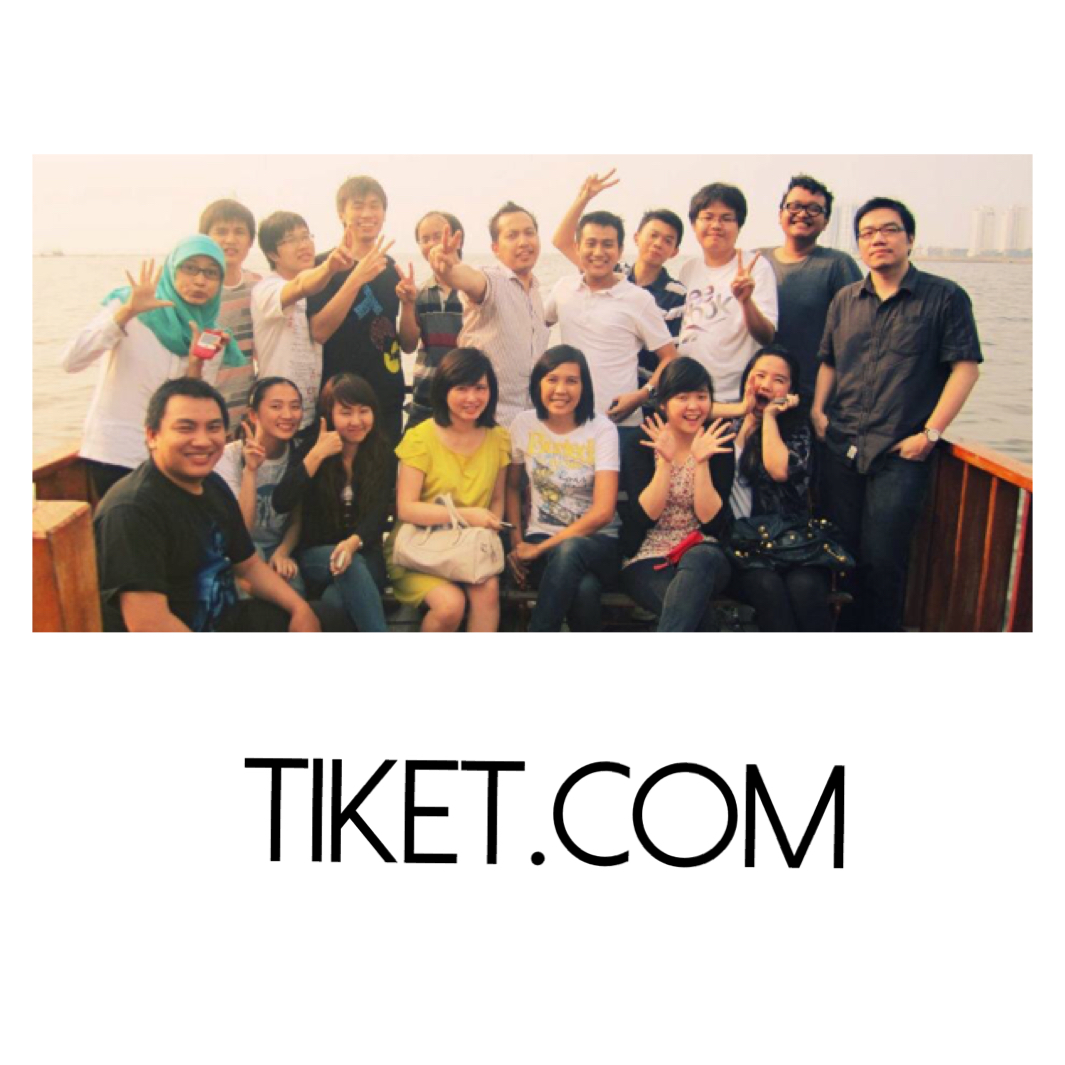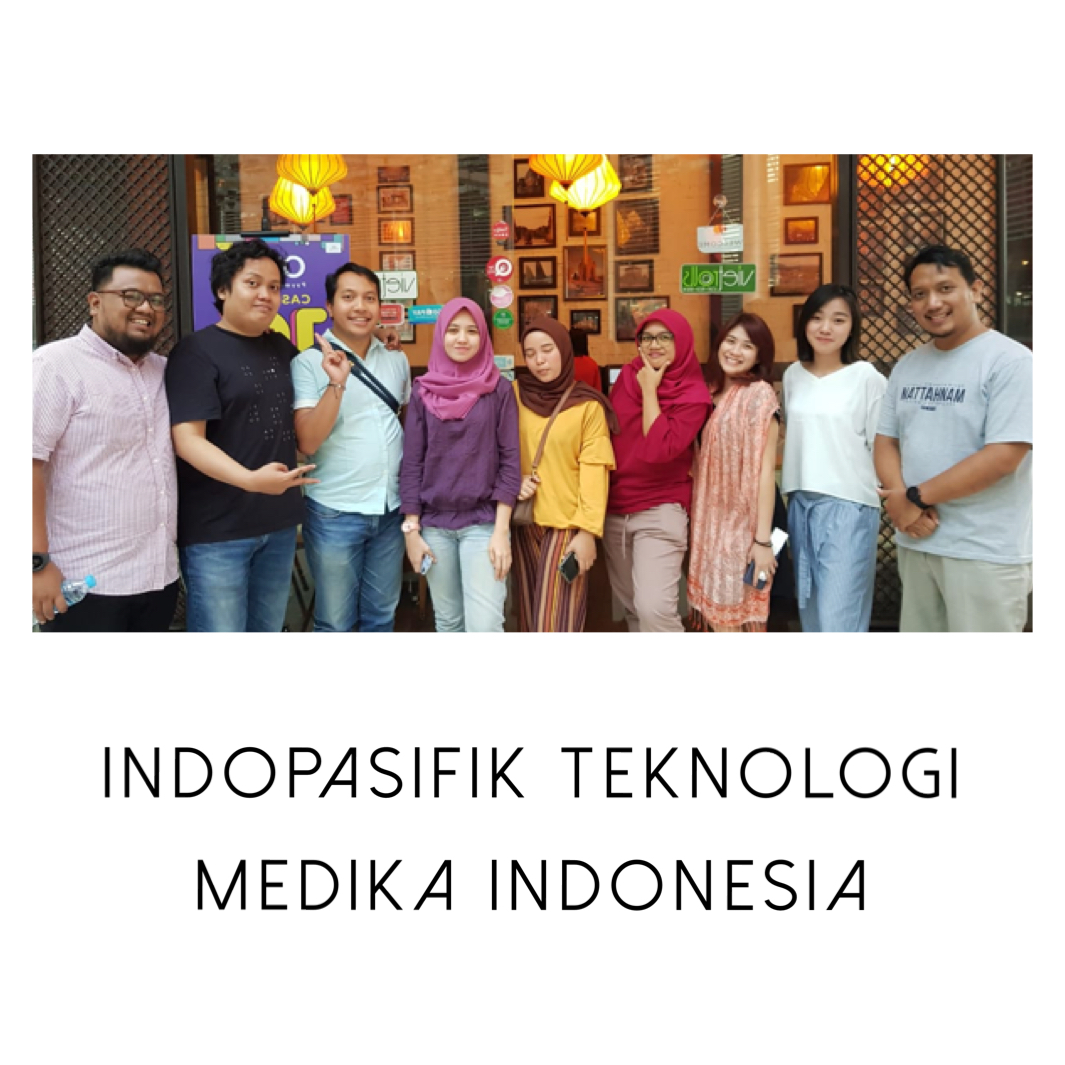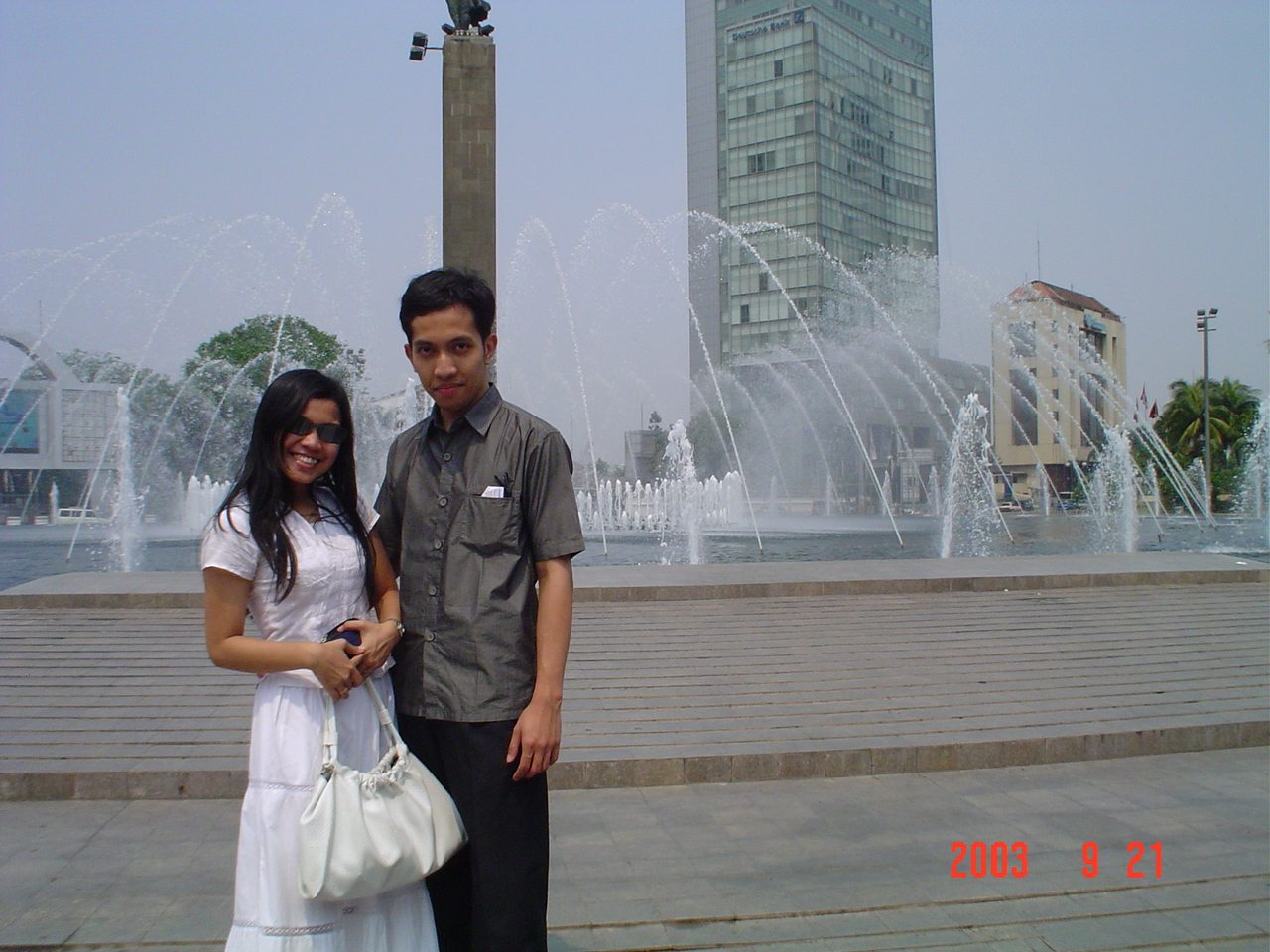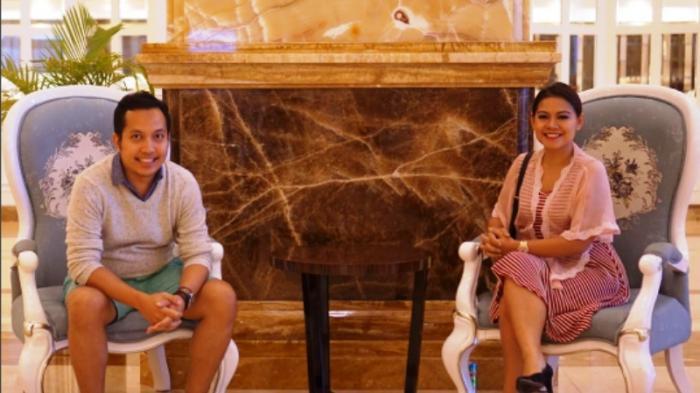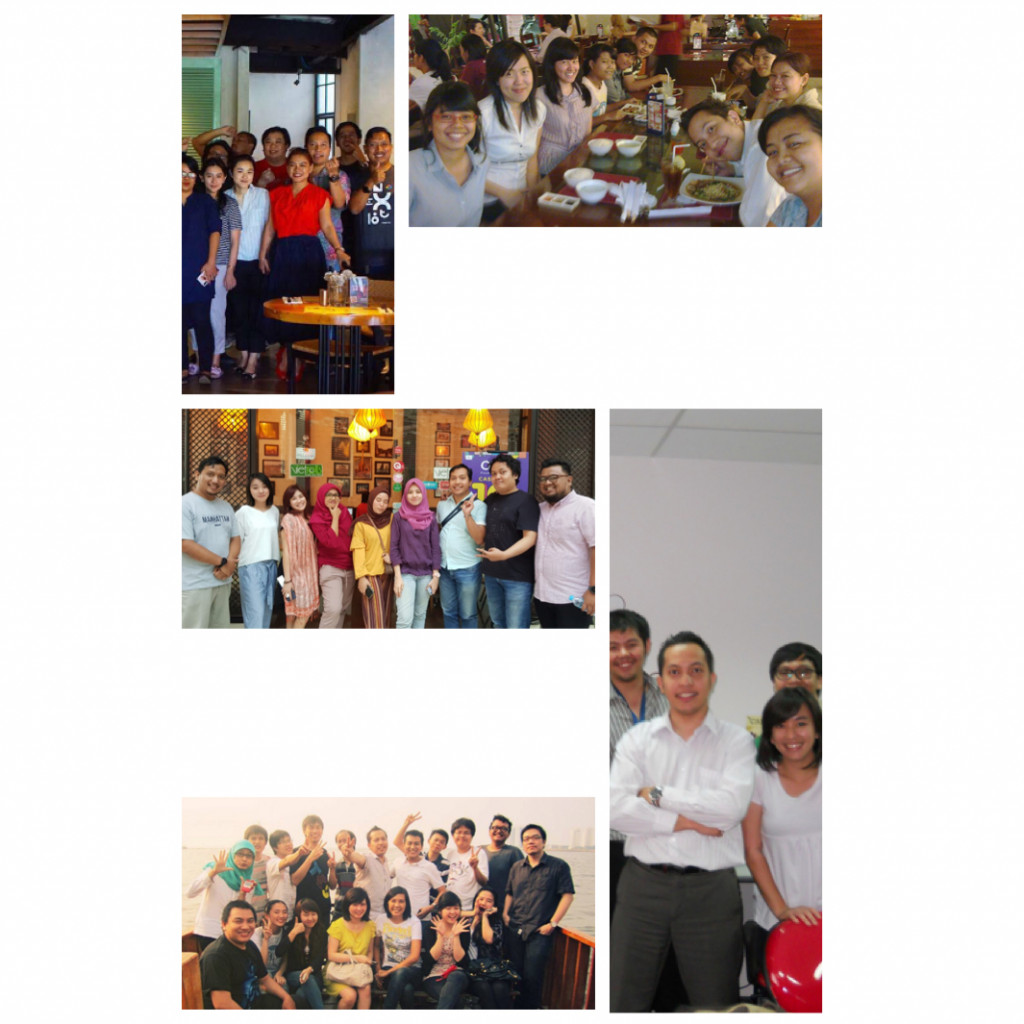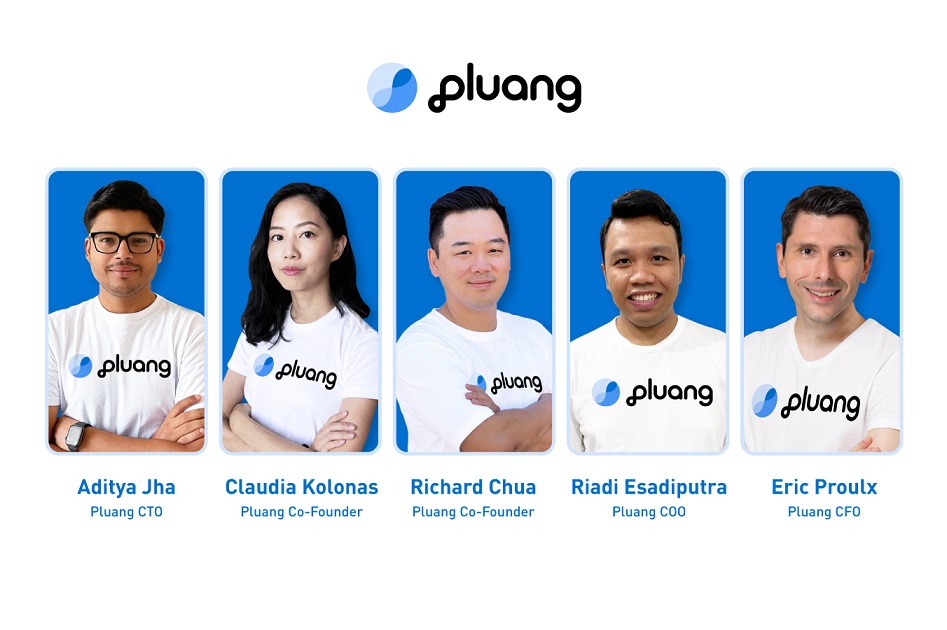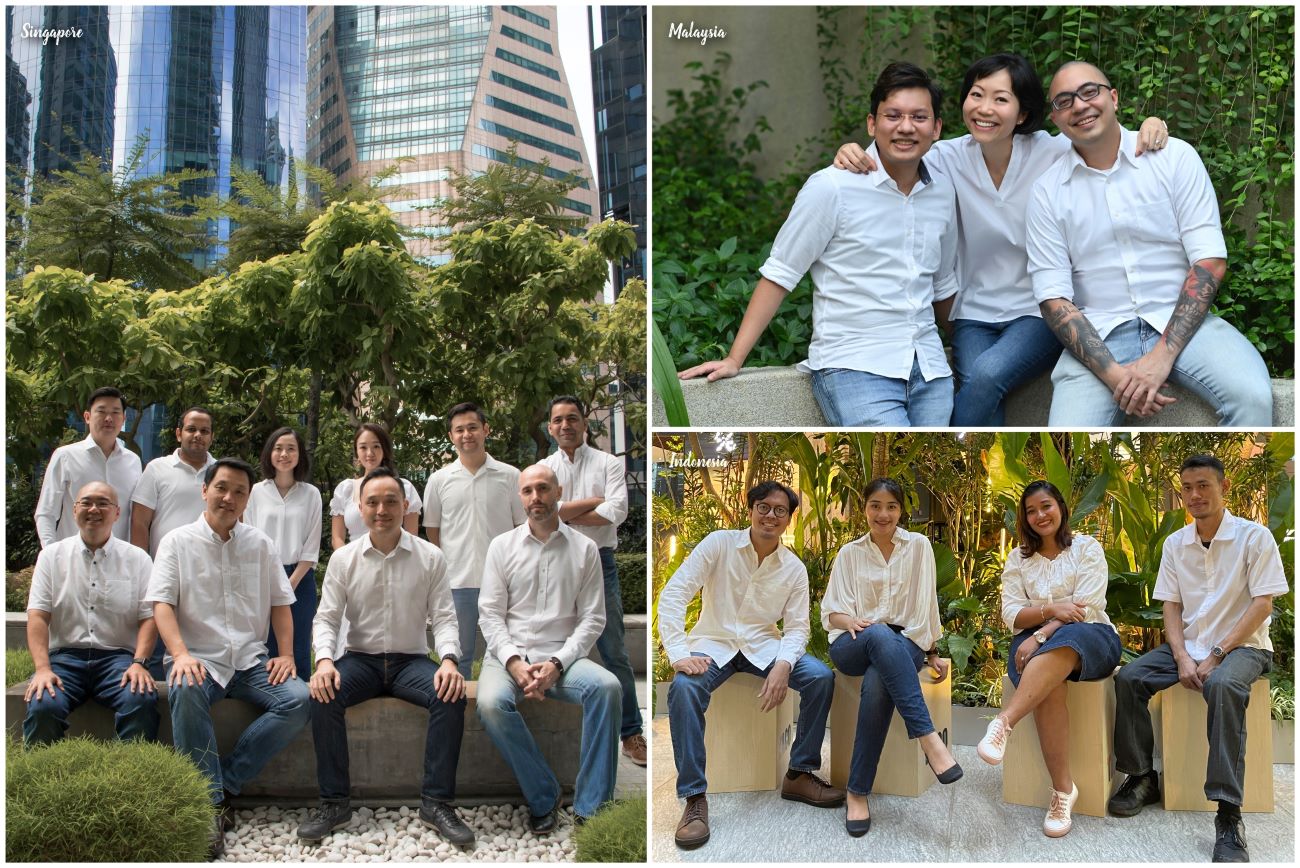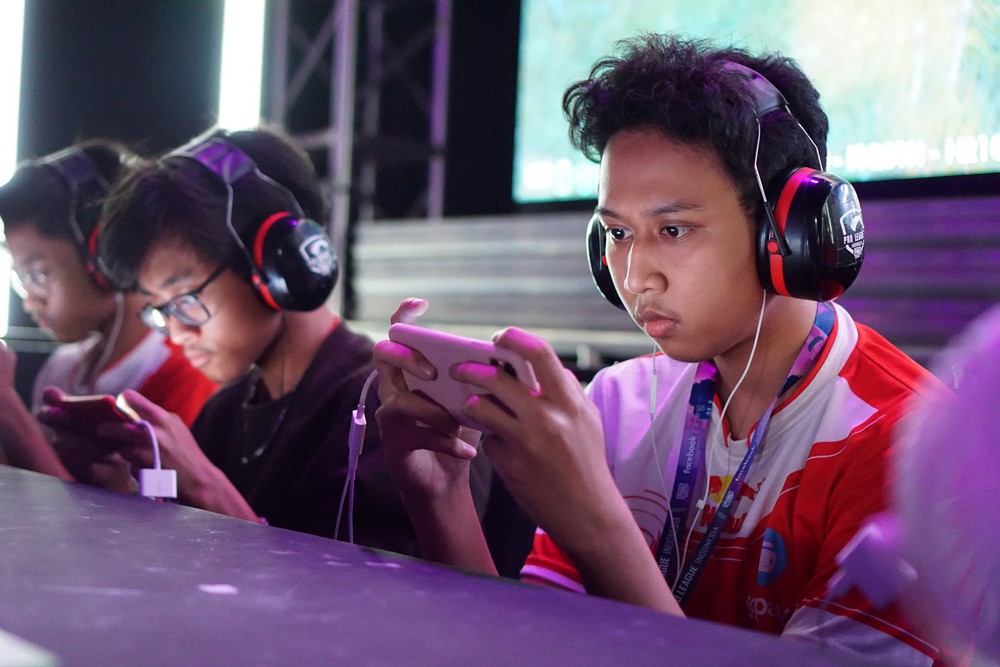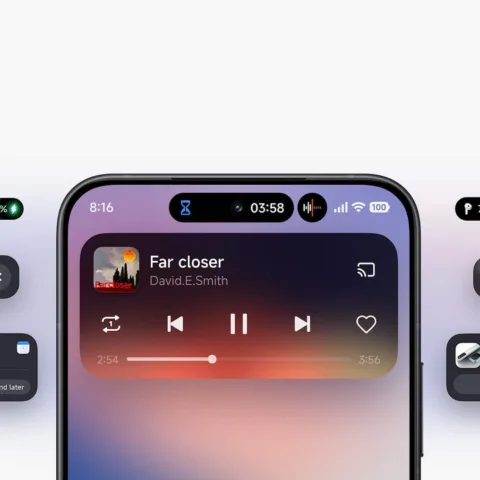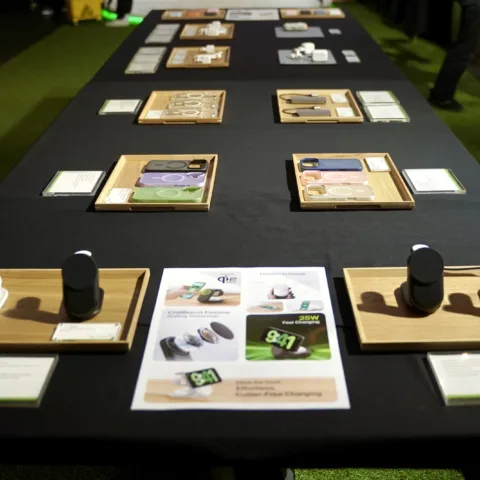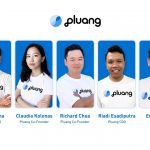This article is a part of DailySocial’s Mastermind Series, featuring innovators and leaders in Indonesia’s tech industry sharing their stories and point of view.
Entrepreneurship is not for everyone. It takes years of hard work, loads of responsibilities, high risk, and other important sacrifices. However, all those will not be an issue when you have a clear set of goals to achieve. At least, it’s what Natali Ardianto, the former tech leader in one of the leading OTA services, Tiket.com, has been doing through these years of paving ways into the tech industry.
Ardianto is now the Co-Founder & CEO at Indopasifik Teknologi Medika Indonesia, the company he built after sailing through several industry sectors. From city directory, OTA, fintech, and now healthtech, each venture has taught him different lessons and shaped him as the industry expert he is now.
As a tech enthusiast and computer geek, he was struggling with chronic introvert but eventually managed to overcome the issue and master the communication skill. One of the key points he suggested is to have a clear vision, a vivid goal, one that you can cling on to, and be precise about it.
As stated on his profile “Life is a journey, not a destination”, DailySocial has an opportunity to dig deeper into his journey and here’s what we discover.
Let’s start from your current position, Co-founder & CEO at Indopasifik Teknologi Medika Indonesia. Tell me a bit about the latest venture.
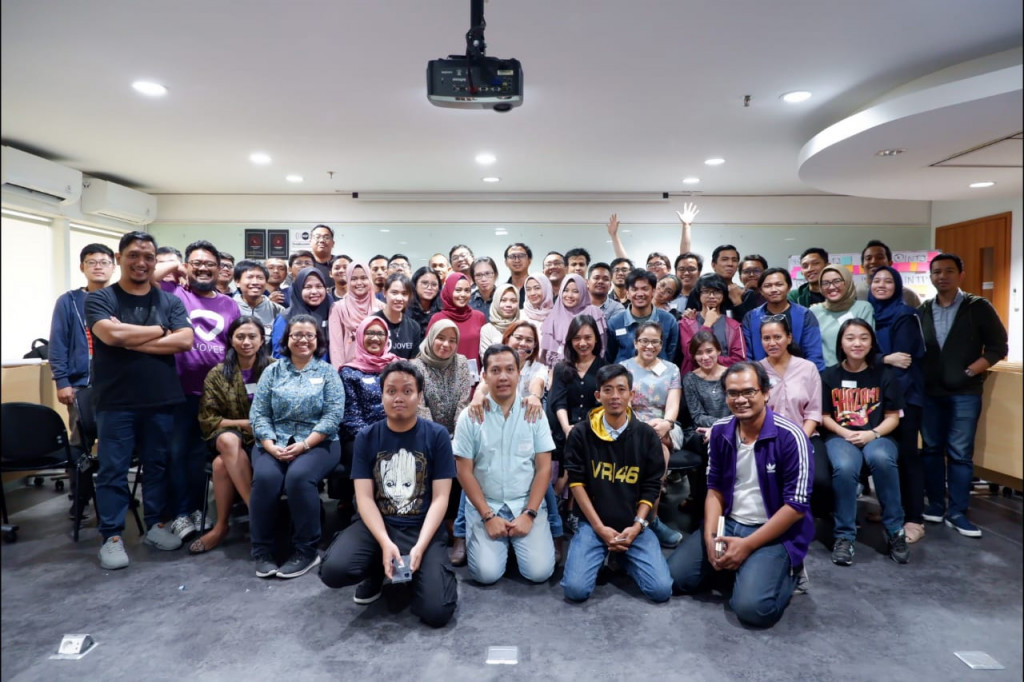
This is my 5th startup, a healthtech company under the name PT Indopasifik Teknologi Medika Indonesia. We provide a digital solution focused on supplement products. It’s a machine learning that fully personalized your data to give recommendations of the best supplement for your health. People may have question, why healthtech?
Simply put, do you think health as primary or secondary? Actually, most people will put health above anything, health will always be positioned first. In fact, it [health] becomes a basic need that people willing to spend money. While other leisure industries require thorough calculation as it is not the primary need. In terms of profit, it surely be a good thing. As the average revenue per user (ARPU) can get few times higher than other leisure industries. In other words, a goal can be achieved with less effort.
Twelve years ago, when you first jumped into the startup life, what were you thinking? How did you start the whole tech-business journey?
In 2008, when startup hype is yet to penetrates the region, we only thought to build a digital company. Also, own a company has been my dream since I was a child. I had my first encounter and fall in love with the computer in the 5th grade, I also started coding around that age. I keep my eyes and mind focused on tech until I make it into Computer Science in Universitas Indonesia.
In 2003, I already started some freelance projects, and it crosses the region. While startups are getting popular in 2010, I had my struggle with Urbanesia, the first company where I learned a lot after 13 months of development. I have mindset that life is about solving problems. When we solve the problem over and over again, we master the skill. It is what happened to my second company that took 8 months of development, and then we make it only 3 months for Tiket.com.
What I want to do is very clear from the very beginning. I labeled myself as a hardcore engineer. However, I’m aware that engineers without basic knowledge of communication will not get any further. Especially if you want to be a leader. Leadership is all about directing and delegating, it makes communication very important.
As a tech geek, do you have any issues regarding communication? You have something to say to other engineers out there?
It’s actually simple, just talk to people. This is not only about literature yet a learning-by-doing process. After two years of teaching, I get better at marketing myself. The problem with engineer is they can’t do marketing. I’m lucky to have a partner to help me learn on how to manage people and share essential insights.
The very first book that’s important to read is “How to win friends and influence people” written by Dale Carnegie. It’s the foundation of communicating with people. And then “7 Habits of Highly effective people” by Stephen Covey, on how we make the right decisions for ourselves and the other. The rest is usually biography and books about different kinds of leaders, such as Elon Musk, Steve Jobs, or even “Bad Blood” Elizabeth Holmes.
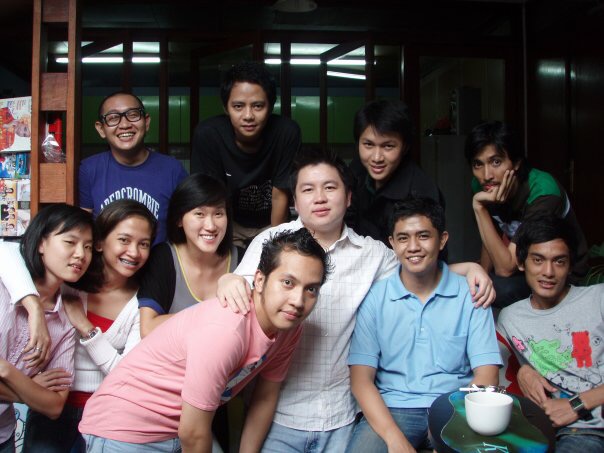
You have an educational background in technology information, experienced in several industry sectors, from city directory, OTA, fintech, and now healthtech. How would you describe each venture?
I am an industry-agnostic, I had my first startup focused on city directory without any related background. My second company is named Golfnesia, with a fact that I’ve never been playing golf in my life. Next, in my third company, Tiket, none of the board of directors have background in the OTA service. The previous one is a fintech company named Pluang [used to be EmasDigi], and now my ship anchored in healthtech.
Among all these, there’s a silver lining that one must have, a value named industry expert. It’s not only about the educational background, personality traits, or family pictures. In order to reach that stage, one must get through almost everything.
I am, myself, believe in the secret. There’s something called RAS (Reticular Activating System) in our brain that can filter the mind of significant things. When you have something you really want and plant it in your head as clear and vivid as possible. Eventually, you’ll get it.
In the last four companies, you’ve been serving as a tech leader for the last four companies, now you’re a CEO. How do you see the gap in the transition? Is there any specific skill for that?
In a big picturem when we started Tiket, I created the pitch deck and financial plan. I was always been working a business part for the CEO sometimes. Also, I have background as a project manager in the consulting company. If I must say, I’m always be the business-oriented CTO. I’m very aware of budgets and numbers.
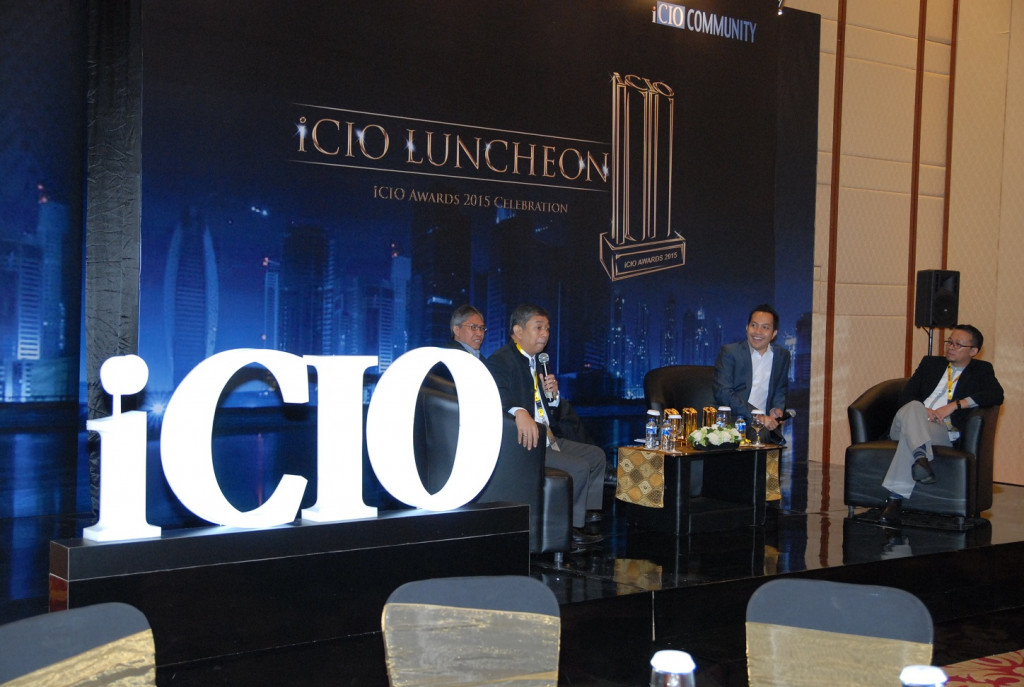
Most of the CTOs are very high maintenance in terms of technology. They only want to use the latest and coolest technology, but high costing, In fact, you can still create something impactful with the simple technology you already have. I create Tiket’s system in a very corporate way and financial detaill. Every transaction is recorded, avoiding fraud and corruption. I’m the type of person who likes to learn things, therefore I can’t just focus on tech, but also business.
However, some people get misled just because they’re learning piece by piece, not end-to-end. The agile thing is quite interesting but without vision it’s no longer effective.
Strategic thinking. As a CEO the keyword is you know what you’re going to achieve in 5 to 10 years. Some CTOs still on to 6 to 2 years plam due to the dynamic industry. In fact, foundations such as legal, finance, businessm is what really matter. I’m lucky to have a good mentor and eleven years of experience. Honestly, today I kinda feel relieved, because decision is a repeating process. When you already know the strategy it’s only time to repeat the previous overcomes.
In terms of Business and Life, do you have someone or something that you really look up to? Either a mentor, companion, things that shaped you into the current position?
In terms of companion, I’d say my wife. I met her in 2002 in time of my chronic introvert issue. Actually, she helped me changed too, on how to communicate, dress well and many others. She’s now a master in psychology counseling. she’s my learning partner, especially in understanding people.
The keyword to the leadership position is to manage people. You have to find a way to make them stay, even though what you offer is not as big as the giant company out there. I try to understand and fulfill the emotional part not only financially. Because we try to create a foundation not only based on money. The problem when people have money, they try to solve everything using it. A way to solve a problem is to become an effective person. When you become an effective person, you also become an efficient person.
Personally, in terms of running a company, Jonggi Manalu of Tiket is my inspiration. In general, Larry Page & Sergey Brin are always the best example, but the first 11 years, Eric Schmidt becomes the seasoned executive and makes google very corporate. I called it corporate agility, corporate is the foundation of a company while agility is how we run the company. Why the foundation must be corporate? Because I often find a company struggling with cash leak, corruption, financial weakness, legal issue, and under management.
Running a startup means running a company, not just a product. You can make a product but if you don’t know anything about marketing, business development, things related to a corporation it won’t work. I found out two things that can make a company going down, it’s when the founder gives up and the cash runs out.
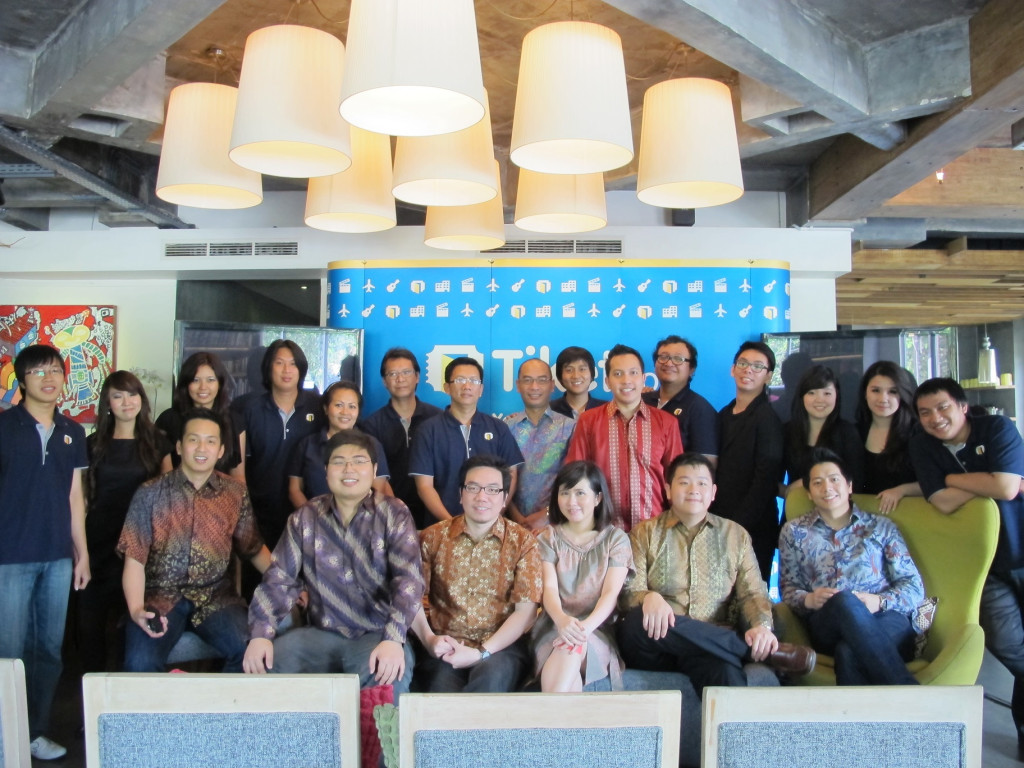
Among the several industries you’ve been managed, which one is the most challenging? What is your biggest lesson for these past experiences?
In terms of entrepreneurship, the key point is timing. Running a company that is not commerce-based is really tough. In order to gain one transaction, either big or small margin need practically the same effort.
In running a company, I’d rather called it a hardship. When running something to be profitable, everything is restricted by budget. As an example, when I’m in the OTA industry, with the current small team competing against the horsepower of our competitor is one hell of a struggle. If I were to say it, not the lowest point, but hardship. The toughness of trying to run a profitable company.
What do you aim next? Is there any unfulfilled dream or something you really want to do after all these?
After exiting from Tiket.com, I wanted to take a year of “retirement”. My wife and I travel around 5 continents, over 30 cities. But I didn’t enjoy that kind of retirement at all. Eventually, in the 7th month, I help co-found another startup. Building something from scratch and turn it into a big thing has always been my passion. I guess I wouldn’t trade it for anything. Even if I will do this until I am 70 years old, I would still do the same thing. Creating a great product that everyone uses and loves. Also, one day I would like to pursue a Ph.D. in entrepreneurship or e-commerce.


